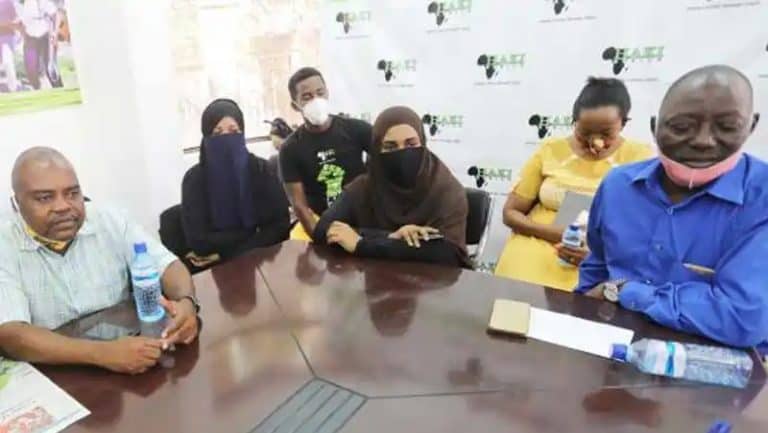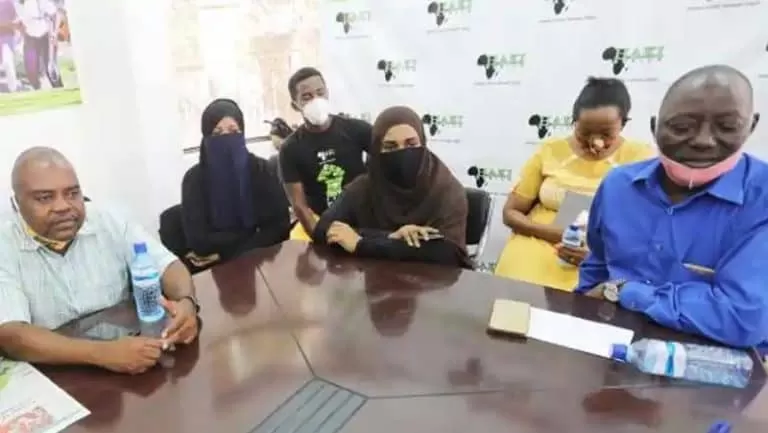

Last updated on September 11th, 2021 at 02:38 pm
The education sector is on the edge of a new crisis — that of private schools crumbling due to the prolonged closure caused by the Covid-19 pandemic.
In the last few weeks, many schools have issued notices asking parents to transfer their children. They have also had to send support staff home on unpaid leave or half salary. Some have had their contracts terminated.
The cash crunch has resulted in teachers being ejected from their rented houses, some unable to buy food or take care of their medical bills after their employers became incapable of meeting operational costs.
In many counties, a spot check early this week showed the crisis had pushed some teachers into menial jobs, even hawking in the streets, while others have been pushed into depression.
In fact, it’s feared many private schools will close down permanently since they may not manage to comply with Covid-19 protocols on social distancing before they can even think of reopening in January 2020.
Still, the situation means the fate of millions of learners hangs in the balance as the situation threatens to get not just worse but permanent. We have more than 23,000 private nursery schools, 10,400 primary academies and 1,530 private secondary schools.
They employ 155,000 teachers and 133,000 support staff who now stare at job losses. At the Coast, the National Parents Association confirms that 257 private schools have closed shop. In Nairobi, 15 have been shut down.
This sad state of affairs should push Education officials back to the drawing board. We caution that allowing private schools to fold will cause more harm.
It will result in a big number of ‘school-less’ learners, and the net effect will be public schools and the few surviving private ones having to contend with congestion of untold proportions next year.
We urge Education Cabinet Secretary George Magoha and his team to consider proposals for a Sh7 billion government-backed fund to offer cheap loans to struggling schools.
The ministry was given Sh6 billion under the Covid-19 Economic Stimulus programme. Private schools, too, should benefit from it.
The ministry will exhibit lack of foresight if more private schools succumb to Coronavirus effects right under its watch.
(TheStandard)
South African Bank fined R700,000 after determining the institution misrepresented a credit product as an investment opportunity. Following its December…
EA Sports shows that Toronto Maple Leafs will stop their 58-year title wait by beating the Colorado Avalanche in seven…
Pope Francis, the first Latin American pope of the Roman Catholic Church, passed away in the morning of his 88th…
You want to pick a good film for weekend relaxation? Netflix South Africa provides customers with a wide range of…
The 2025 edition of AFCON will be hosted by Morocco which serves both the high-level competition and as a catalyst…
The Christian community marks Good Friday as its deepest holiday to remember when Jesus died at Calvary. The Christian community…
This website uses cookies.